7 night time rituals for a better, more restful sleep
By Louise Belle BHSc Nut MEd
Having a broken, non-restful sleep can leave you feeling unrefreshed in the morning and dragging the chain throughout the day. Sleep issues are prevalent with a large percentage of the population having trouble either falling asleep or staying asleep. Poor sleep quality obviously leads to low levels of energy and difficulty concentrating, but it can also lead to greater health problems such as weight gain, type 2 diabetes, high blood pressure and lowered immunity. The average person needs between 7-9 hours of sleep per night. If you are having difficulty sleeping or find that you wake feeling unrefreshed, it might be time to overhaul your night time routine to improve your sleep quality and quantity.
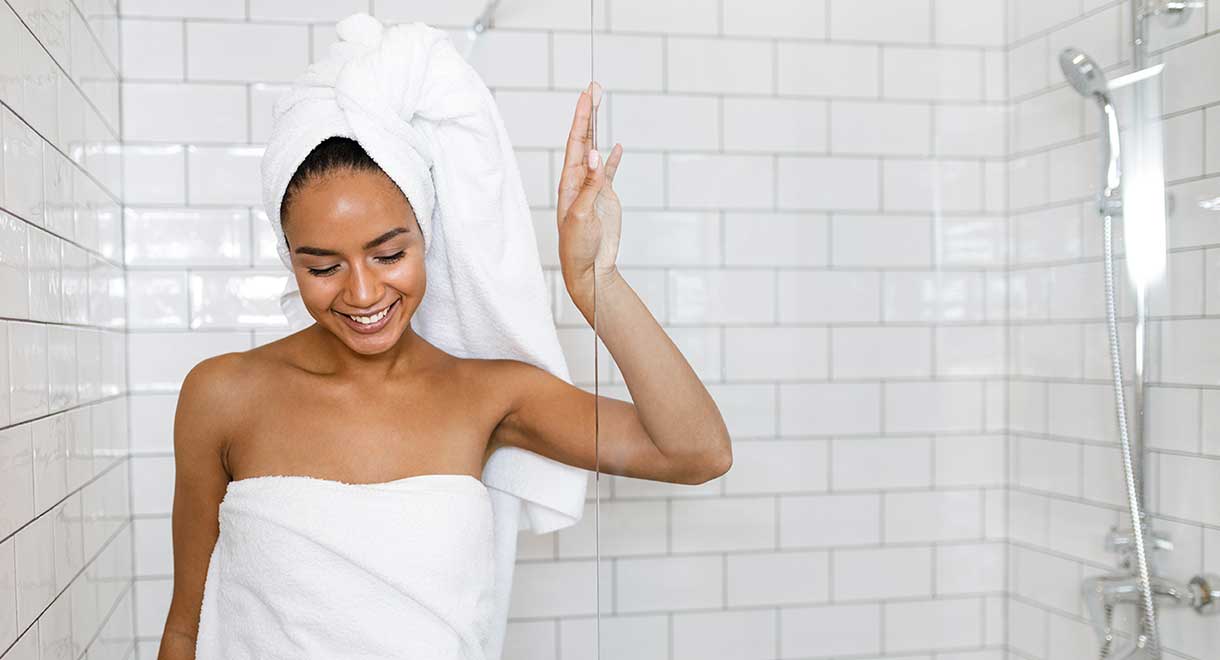

Have a shower
This sounds simple but having a shower of an evening can be a great way to relax and get you ready for bed. You can use your shower time as a symbolic way of washing away the troubles of the day. From a health perspective, showering of an evening also means that you wash away dirt, bacteria and pollutants that have been collecting on your skin throughout the day.
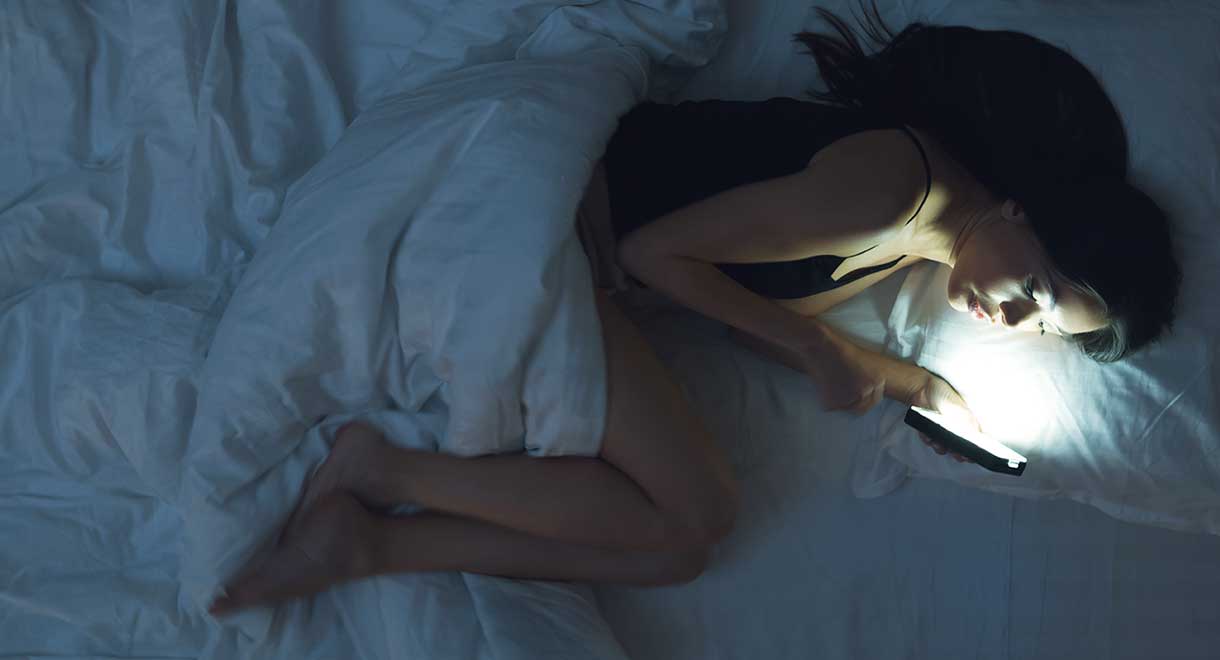

Block that blue light
Exposure to artificial blue light at night has been shown to suppress melatonin production resulting in disrupted sleep. Blue light is naturally produced by the sun and signals our bodies that it’s daytime. When we are exposed to blue light from light globes, TV, mobile phones and computers at night it disrupts our natural body clock. Wearing blue light-blocking glasses 2-3 hours before bed can help to improve overall sleep quality. The Australian brand BluBlox claims that their night range of glasses block 100% of blue and green light.


Sip some chamomile tea
Chamomile is one of the oldest medicinal plants and belongs to the daisy family (Asteraceae or Compositae). Chamomile is regarded as a mild tranquiliser due to its calming and sedative effects with studies showing that drinking chamomile tea before bed can promote falling into deep sleep more quickly. It can also help to reduce anxiety levels so if you’re someone who lies in bed at night worrying, chamomile tea is an easy and cost-effective remedy to try.


Have some magnesium
Magnesium is often talked about in relation to sleep so it should come as no surprise that it’s mentioned here. Magnesium is a smooth muscle and nervous system relaxant and is involved in over 300 enzymatic reactions in the body. Magnesium has a very calming effect and helps to reduce stress levels. It has been shown to improve sleep quality and quantity in people who have difficulty sleeping. Try having magnesium about 30 minutes before bed.
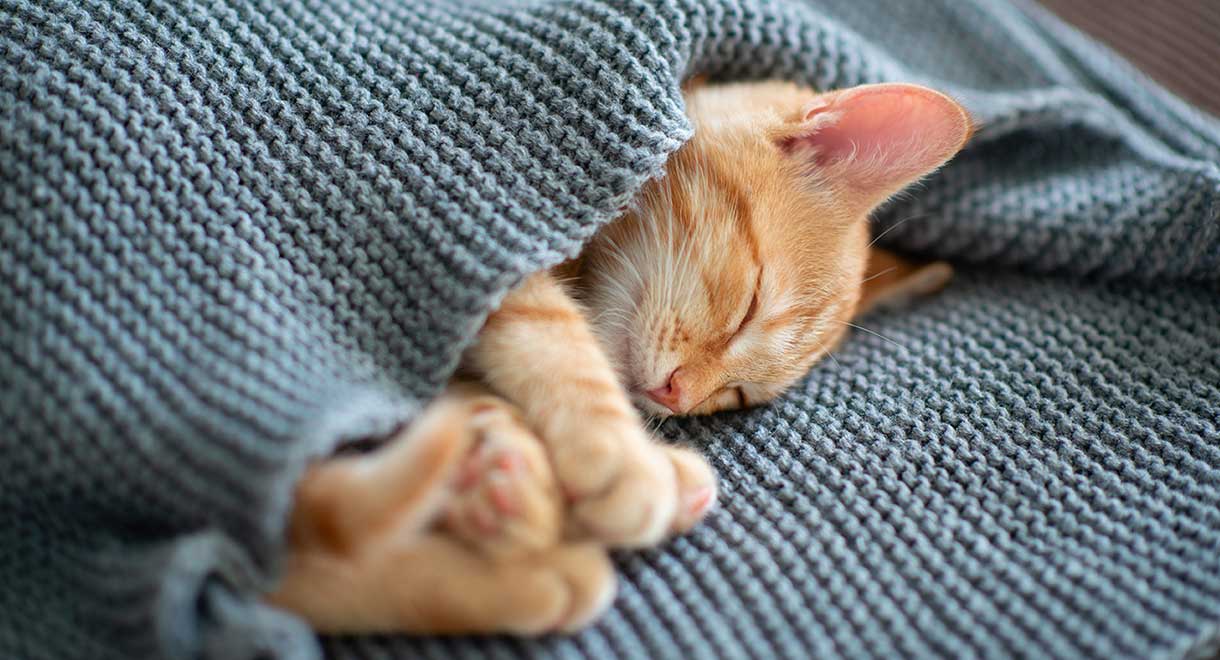

Snuggle under a weighted blanket
If you suffer from anxiety, have an autism diagnosis, are a tactile person or someone who feels comforted in winter when you have 6 blankets on your bed; a weighted blanket might be for you! They are reported to be very calming and great for people with sleep disorders. Generally, they are filled with glass beads with the average weighted blanket weighing between 5-10kgs. You can use an online guide to determine what weight would be best for you.


Wear a sleep mask
Our eyelids are not sufficient enough to block light and even a small amount of light hitting your eyelids while you sleep can affect circadian rhythm and sleep quality. Research has shown that sleeping in pitch darkness is best for sleep. You can sleep with an eye mask to block out light, some brands such as Manta have designed their masks in a way to block out all light. If you don’t like sleeping with a mask, you could try block out curtains or blinds on your window.
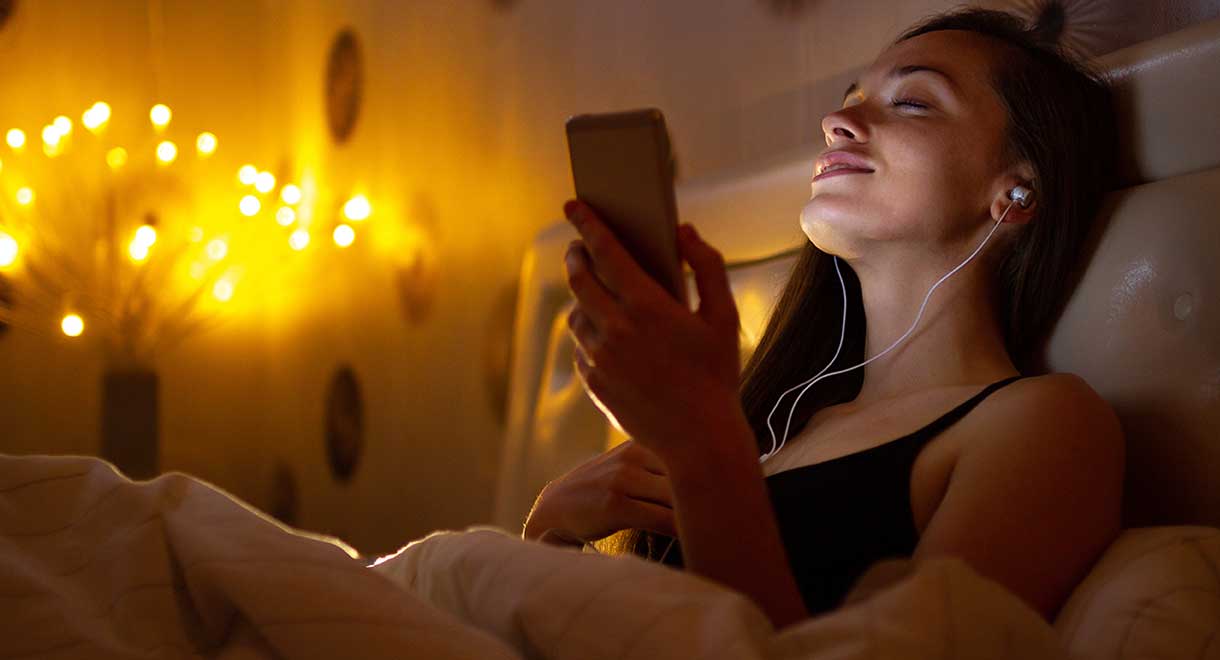

Listen to relaxing sounds
If you are a light sleeper, sleeping with background noise can help to drown out the small sounds that might usually wake you in the night. Listening to relaxing music such as wave sounds can help to calm the nervous system and relax you while you are trying to fall asleep. There are lots of free apps available that offer a range of different sounds.
References:
https://www.health.harvard.edu/staying-healthy/blue-light-has-a-dark-side
https://www.ncbi.nlm.nih.gov/pmc/articles/PMC2995283/
https://www.ncbi.nlm.nih.gov/pmc/articles/PMC3703169/
https://www.healthline.com/health/anxiety/do-weighted-blankets-work
https://www.sleepfoundation.org/bedroom-environment/light-and-sleep


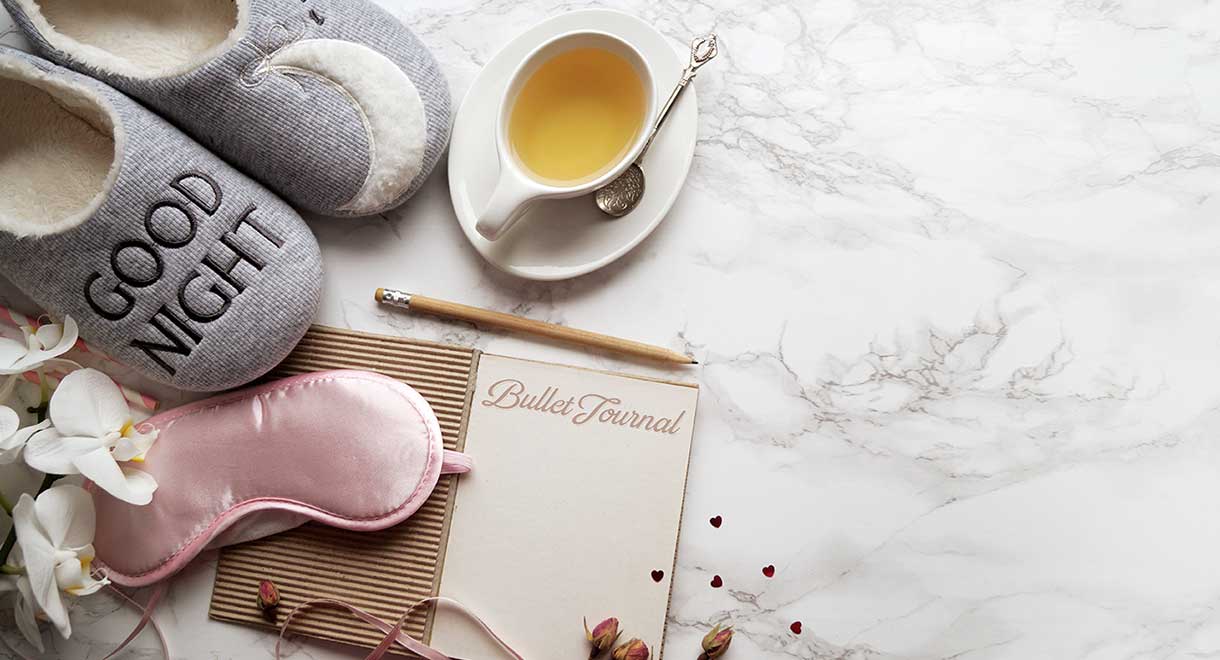

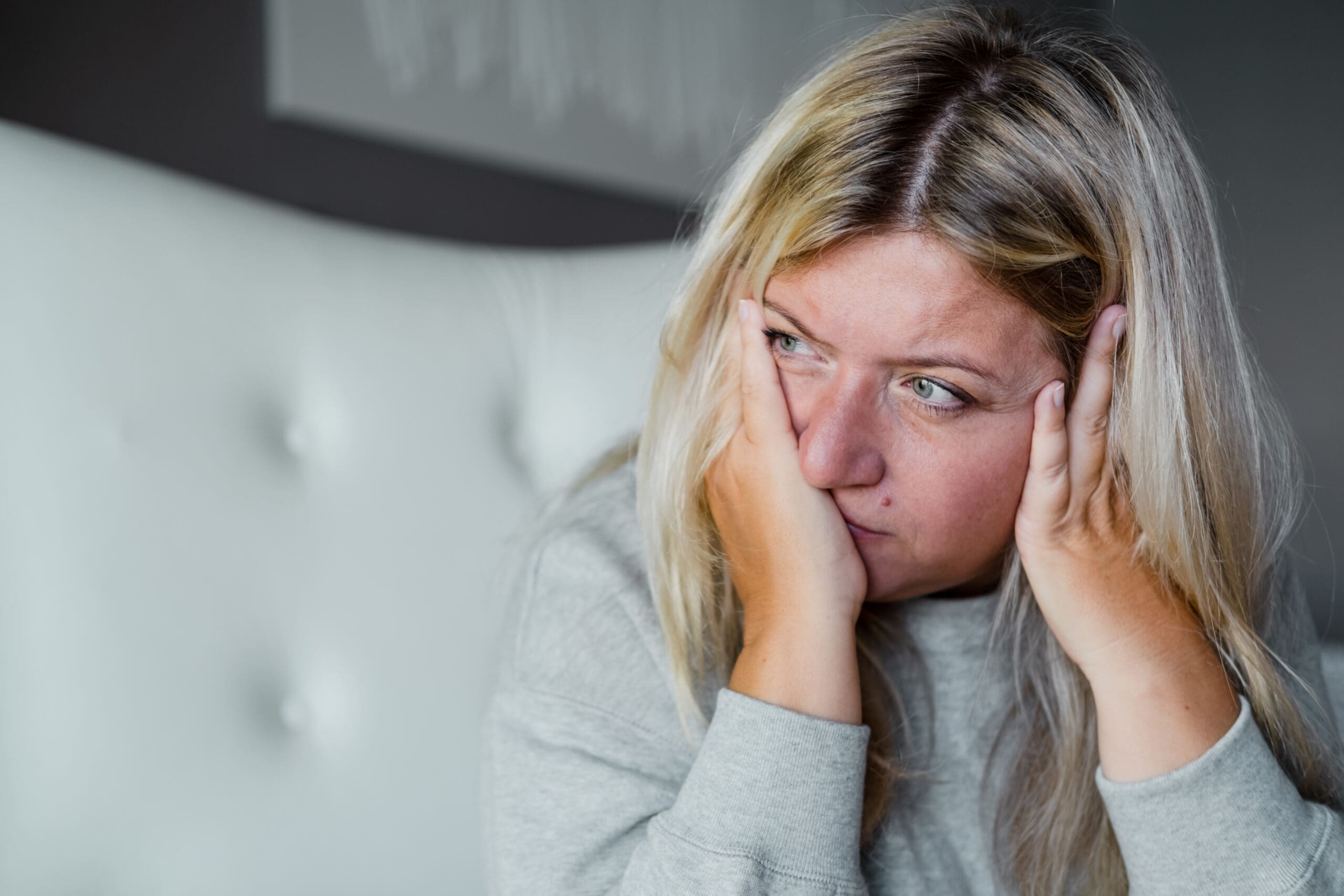


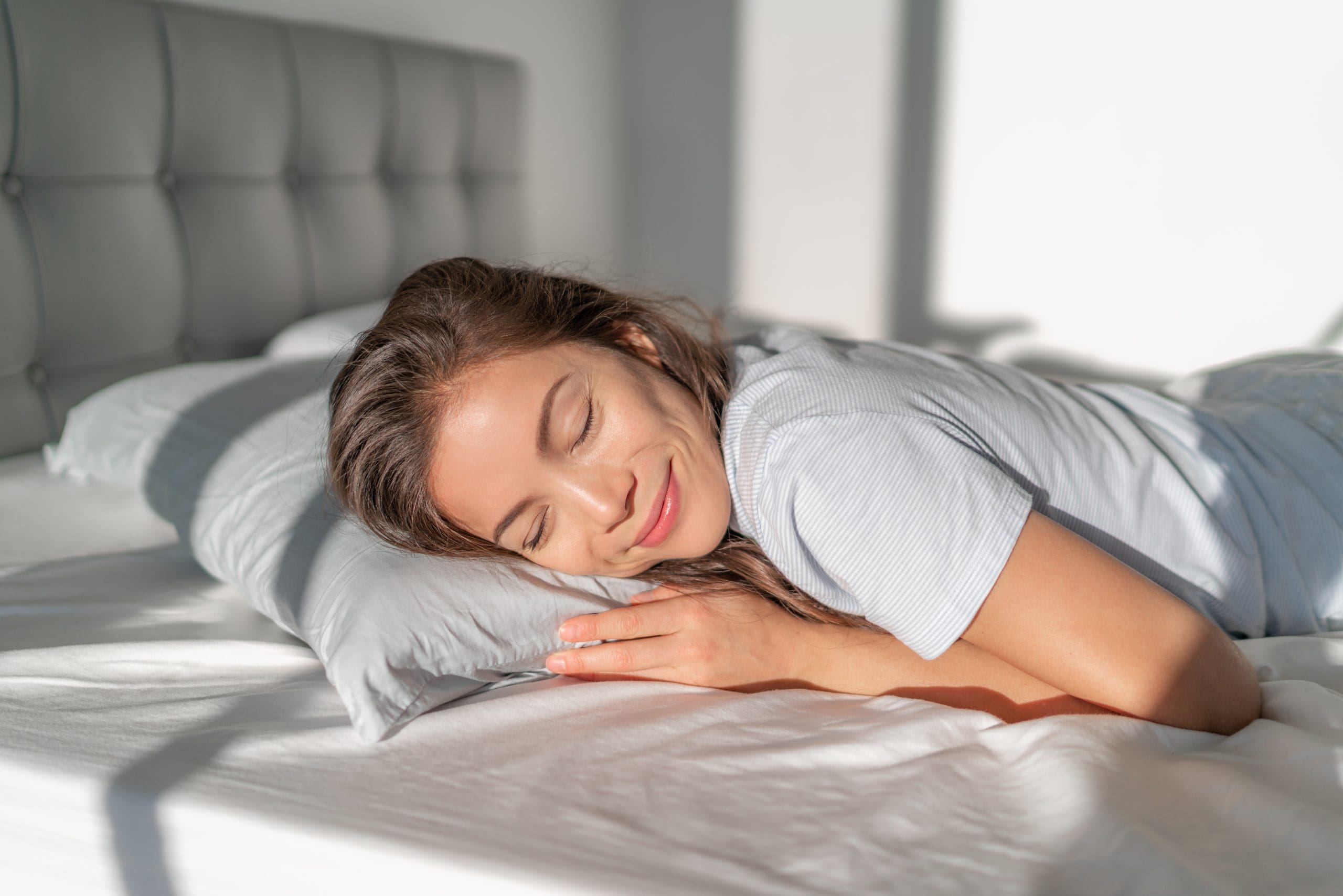

Leave A Comment